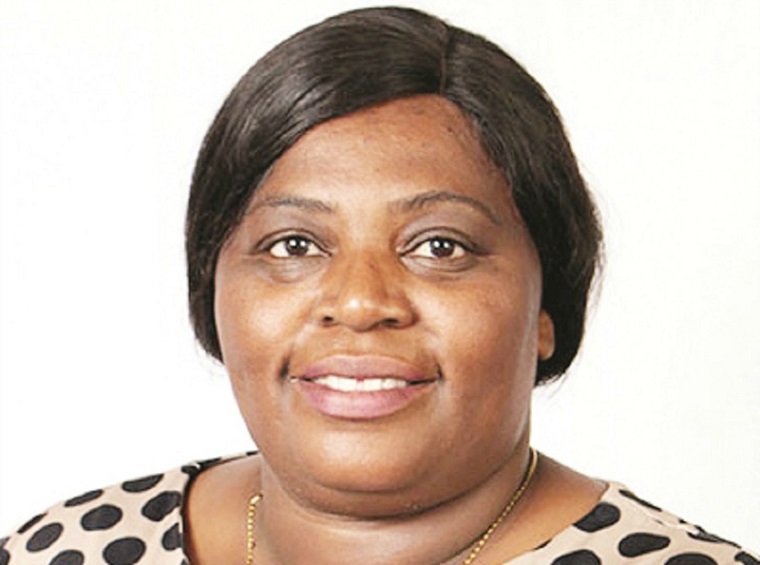 Zimbabwe’s civil servants, who insist that their salaries should be raised to the equivalent of their former United States dollar salaries at the current interbank market rate, have today accepted the government offer which will see the salaries being increased by 50 to 76 percent with effect from 1 August.
Zimbabwe’s civil servants, who insist that their salaries should be raised to the equivalent of their former United States dollar salaries at the current interbank market rate, have today accepted the government offer which will see the salaries being increased by 50 to 76 percent with effect from 1 August.
Under the adjustment, the lowest paid civil servant will earn Z$1 023 up from Z$582.
A statement issued after the National Joint Negotiating Council meeting in Harare today said agreement was reached after “having taken note of the challenges being faced by members of the Public Service due to the rising cost of living, and having noted the state of the economy”.
“A Cost of Living Adjustment (COLA) ranging from 50% to 76% of the total package (basic salary + transport allowance + representation where applicable) be effected on a sliding scale with effect from 1 August 2019,” the statement said.
“The Council also agreed that negotiations would continue taking into consideration the cost of living and the prevailing economic environment.”
The agreement will put pressure on government doctors who rejected a 60 percent salary adjustment insisting that they want to be paid in United States dollars.
They gave the government until 3 September to agree after which they will down tools.
Doctors went on a 40-day strike in December-January but failed to win any concessions from the government.
Finance Minister Mthuli Ncube insists that although salaries for civil servants, and workers in general should be reviewed, the government should live within its means and should not borrow to pay salaries.
(199 VIEWS)






0 Comments